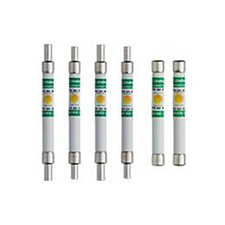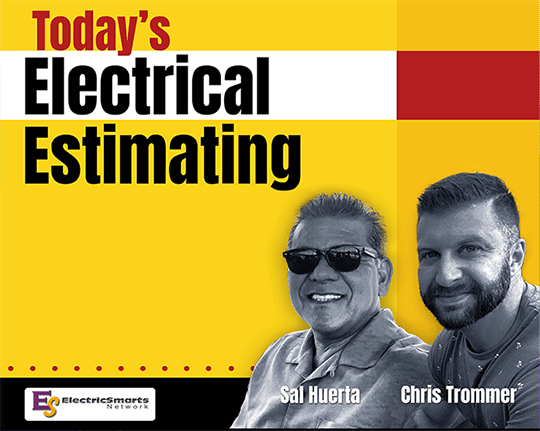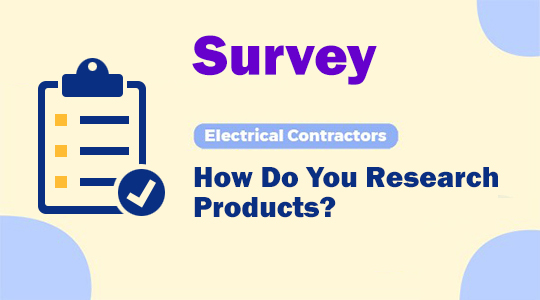
Don’t Blow It: Why Solar Arrays Need Solar Fuses
Chuck Ross
It’s not unusual that solar photovoltaic (PV) systems would require fuses – after all, these installations can carry substantial electrical loads, so overcurrent protection is critical to their safe operation. What is remarkable, though, are the conditions under which PV panels, their conductors, and their wiring can operate. That’s why fuse makers have developed products designed specifically for these projects and their environment. As Immanuel Umenei, senior global segment manager for renewable energy with manufacturer Littelfuse, explains, there are a number of reasons these solar-specific products have become more important as installation size has grown.
As PV systems have grown in size, so have the corresponding voltage requirements – these increases are intended to minimize power loss associated with long conductor runs, so the fuses used in such systems must be rated at these high DC voltages,” he says, adding that voltage levels also shift up and down during the day, which also could pose challenges for standard fuses. “The DC current generated from the sun can vary greatly across the day, requiring the fuses to support different levels of current cycling without nuisance tripping.
Additionally, Umenei notes, installations can be exposed in areas with extreme weather conditions and temperatures – and their often-isolated locations can make regular access for maintenance difficult. “Standard circuit protection devices are not designed to handle these voltages or environments – hence the need for solar fuses that have unique protection characteristics,” he says. “A more reliable solar fuse helps keep systems up and running, saving costs and increasing output to produce more revenue.”
So, how do solar fuses help support solar operations? Here are a few of the advantages Umenei says they offer that set them apart from general-use products:
- Higher DC Voltages: Ranging from 600 V DC for residential to 1500 V DC for utility-scale applications.
- Improved Thermal Cycling: Enhances performance across varying temperatures.
- Robust Designs: Withstand operating temperature extremes, ranging from -40°F to 194°F.
- Enhanced Current Cycling: Addresses inconsistent current levels faced by fuses throughout the day and year.
- Improved Protection for Low-Overload Currents: Mitigates the likelihood of low-overload faults.
Photo courtesy of Littelfuse








